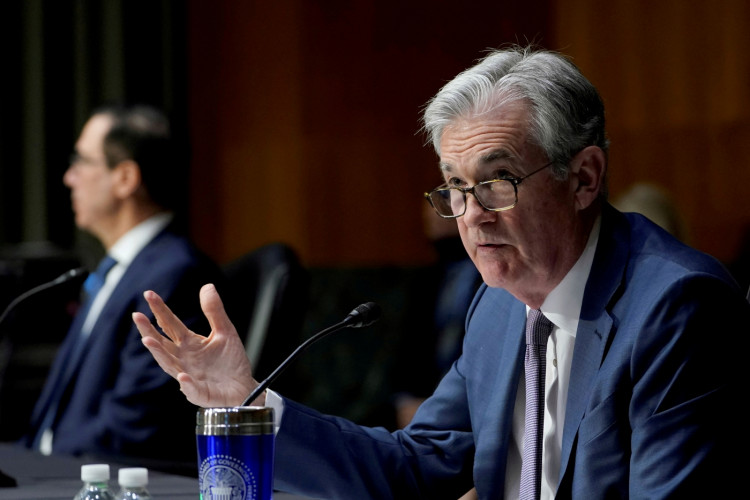Federal Reserve Chair Jerome Powell warned Wednesday that President Donald Trump's sweeping tariffs could place the central bank in an increasingly difficult position, potentially forcing it to choose between combating inflation and supporting economic growth - a dilemma not seen in decades.
Speaking before the Economic Club of Chicago, Powell said, "We may find ourselves in the challenging scenario in which our dual-mandate goals are in tension." He added, "If that were to occur, we would consider how far the economy is from each goal, and the potentially different time horizons over which those respective gaps would be anticipated to close."
The Fed's dual mandate from Congress tasks it with maintaining stable prices and maximum employment. The latest round of tariffs, including a 145% duty on Chinese imports and 25% levies on cars and metals, has complicated both objectives, Powell said.
"Tariffs are highly likely to generate at least a temporary rise in inflation," Powell noted. "The inflationary effects could also be more persistent." He cautioned that the severity of the outcome would depend on how quickly higher costs filter through to consumer prices and whether longer-term inflation expectations remain anchored.
Powell said the central bank remains "well positioned to wait for greater clarity before considering any adjustments to our policy stance," signaling no imminent change to interest rates. Market expectations currently reflect three to four quarter-point rate cuts by the end of 2025, according to CME Group's FedWatch tool.
In a Q&A session, Powell acknowledged that tariffs are "likely to move us further away from our goals ... probably for the balance of this year," and said the near-term outlook is clouded by both rising price pressure and slowing momentum.
Gross domestic product for the first quarter is expected to show little growth. Powell cited weaker consumer spending and a surge in imports - as companies rushed to beat tariffs - as potential drags on output. The Atlanta Fed's GDPNow model estimates Q1 growth at -0.1%, driven in part by a spike in gold trade that distorted broader data.
Retail sales, meanwhile, jumped 1.4% in March, with vehicle purchases leading the surge. Analysts attribute the spike to consumer efforts to front-run expected price hikes from tariffs. However, University of Michigan consumer sentiment surveys show that Americans remain deeply concerned about the long-term economic impact.
Fed officials across the system are increasingly vocal about the challenge. "A tariff is like a negative supply shock. That's a stagflationary shock," Chicago Fed President Austan Goolsbee said recently. "It makes both sides of the Fed's dual mandate worse at the same time."
Cleveland Fed President Beth Hammack echoed those concerns Wednesday. "Given the economy's starting point, and with both sides of our mandate expected to be under pressure, there is a strong case to hold monetary policy steady," she said at an event in Columbus, Ohio.






